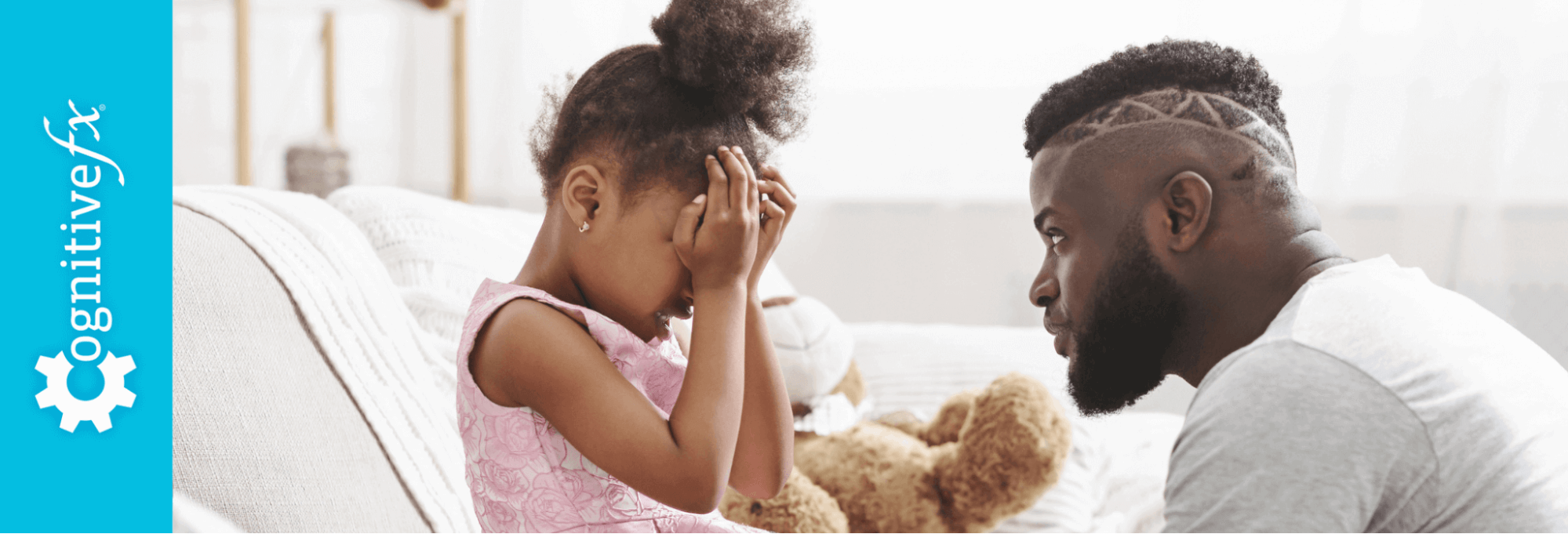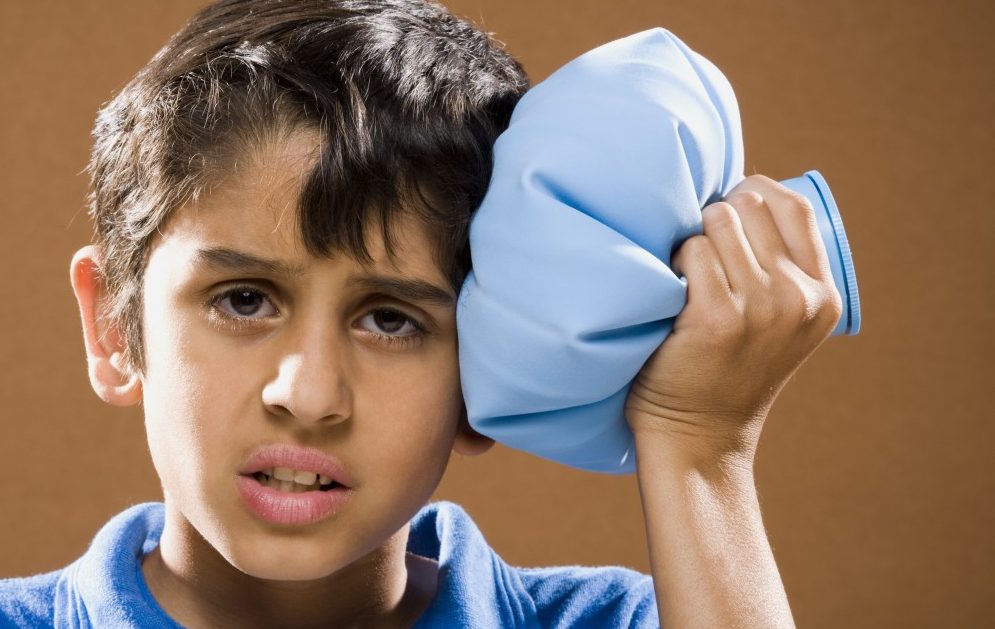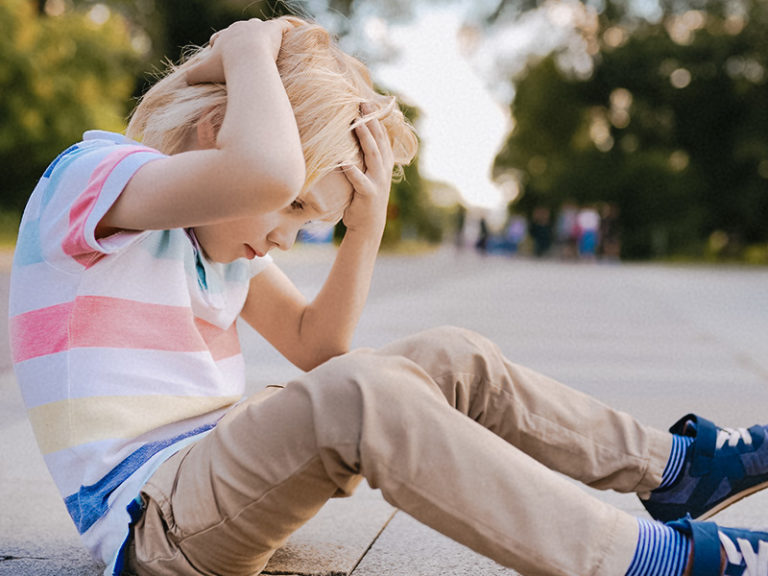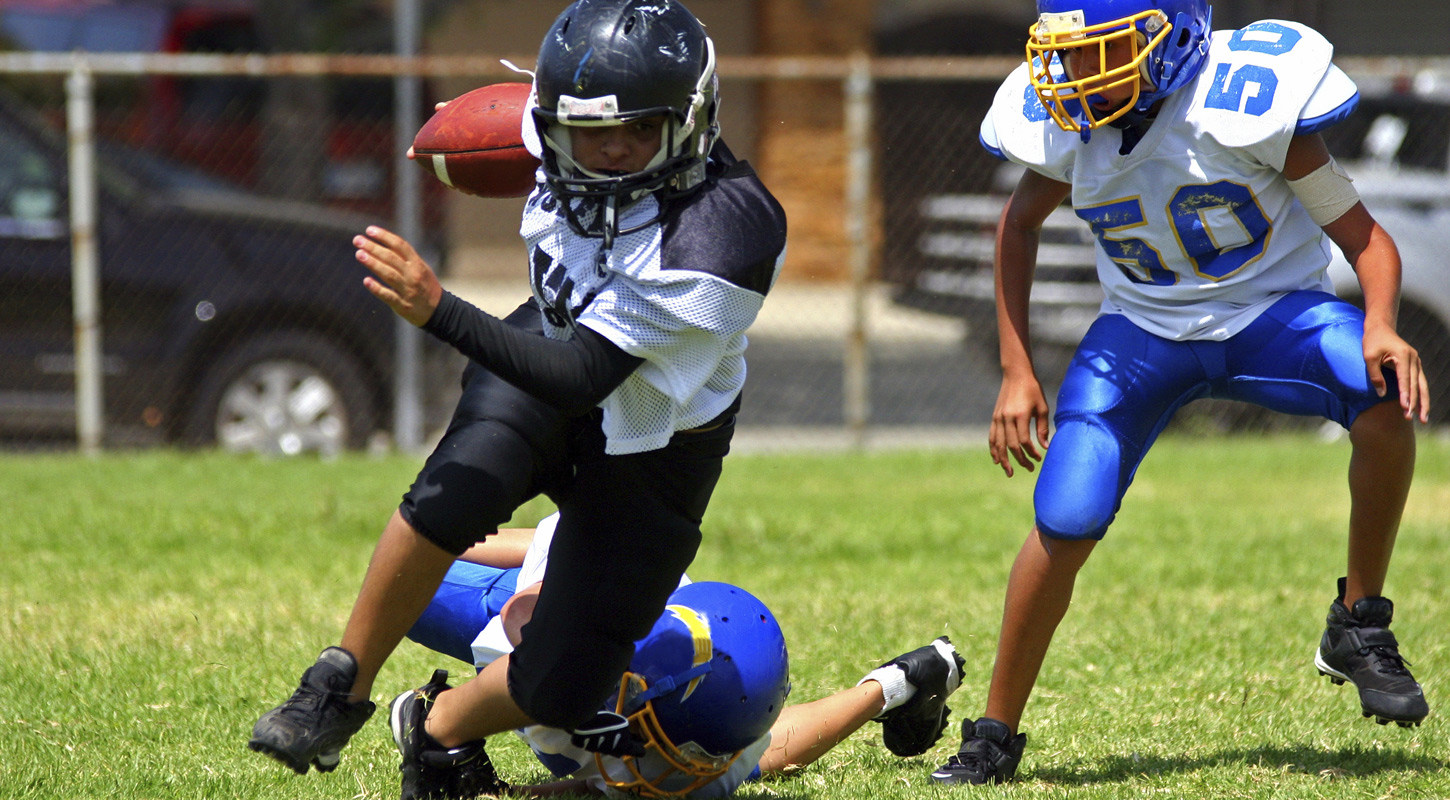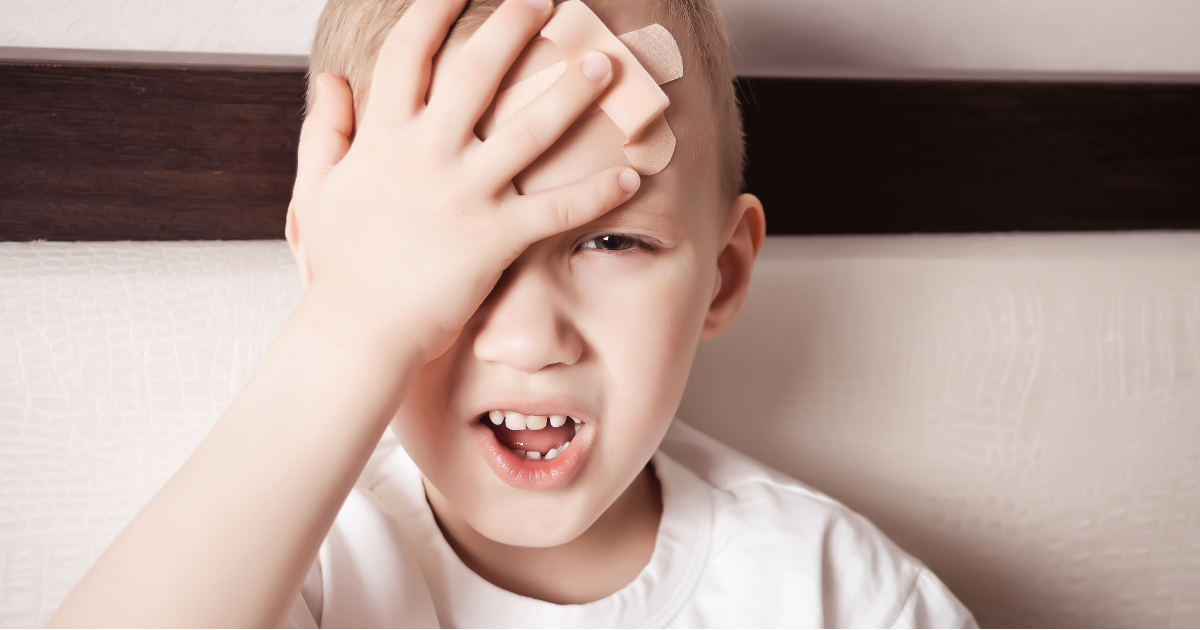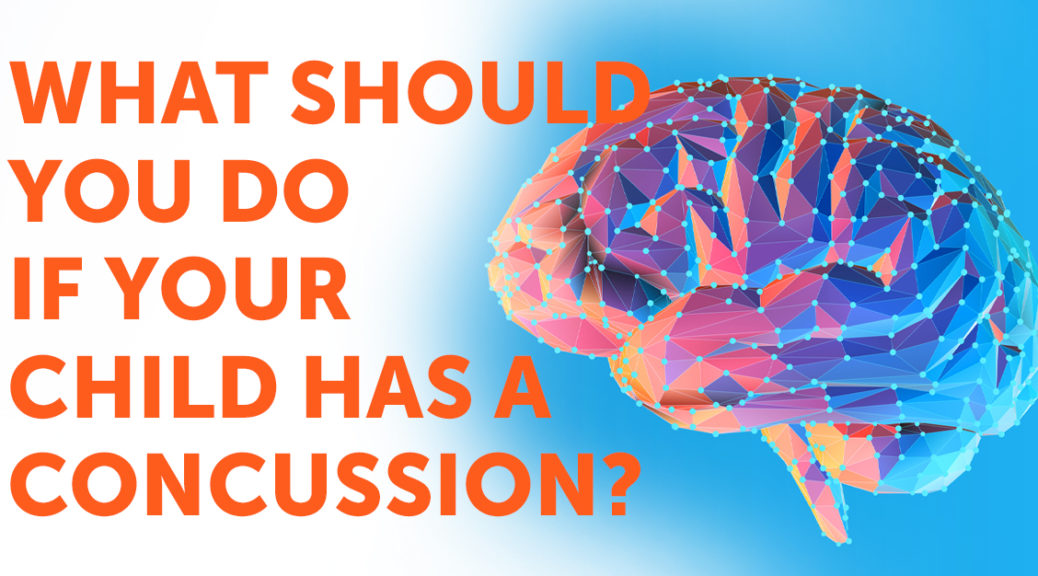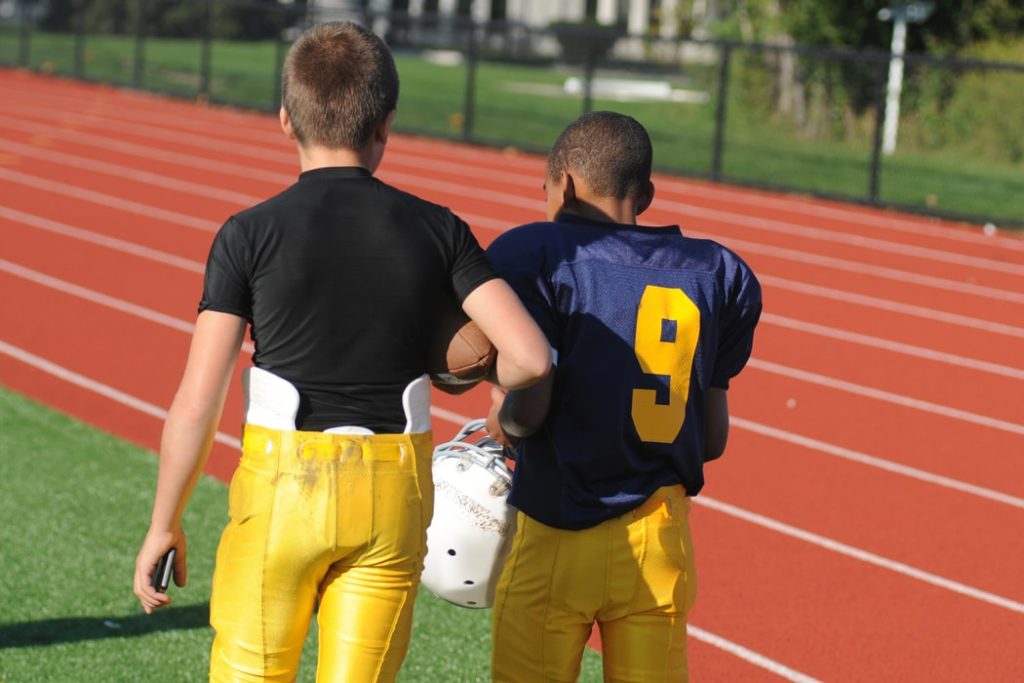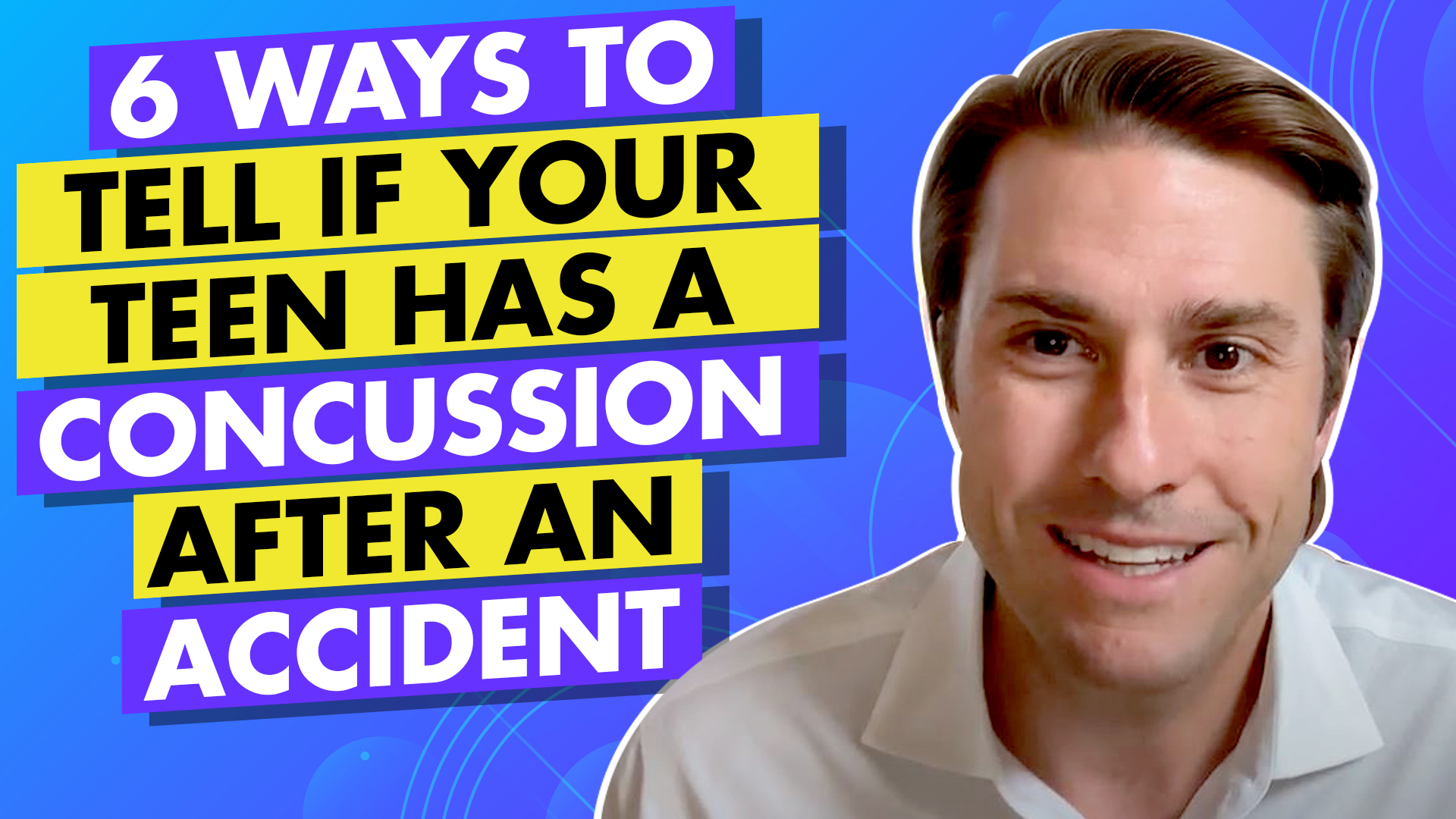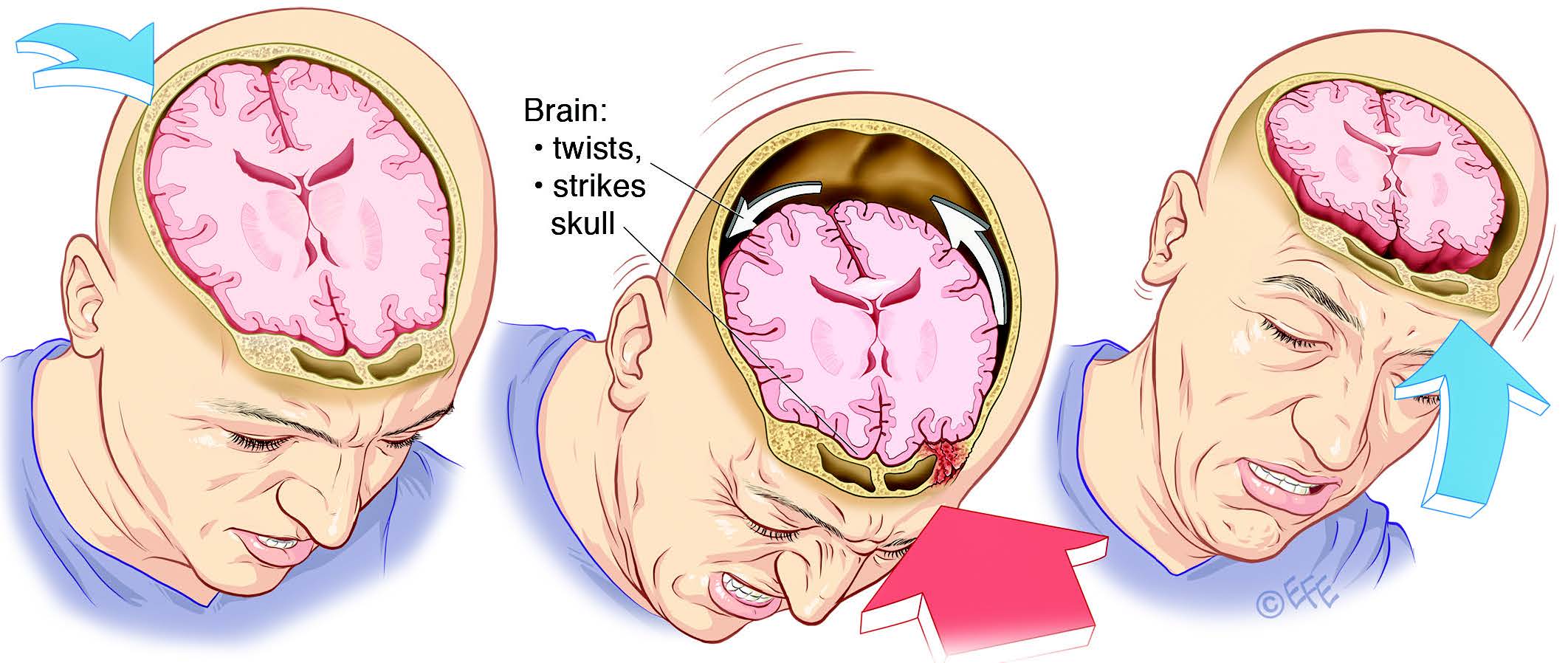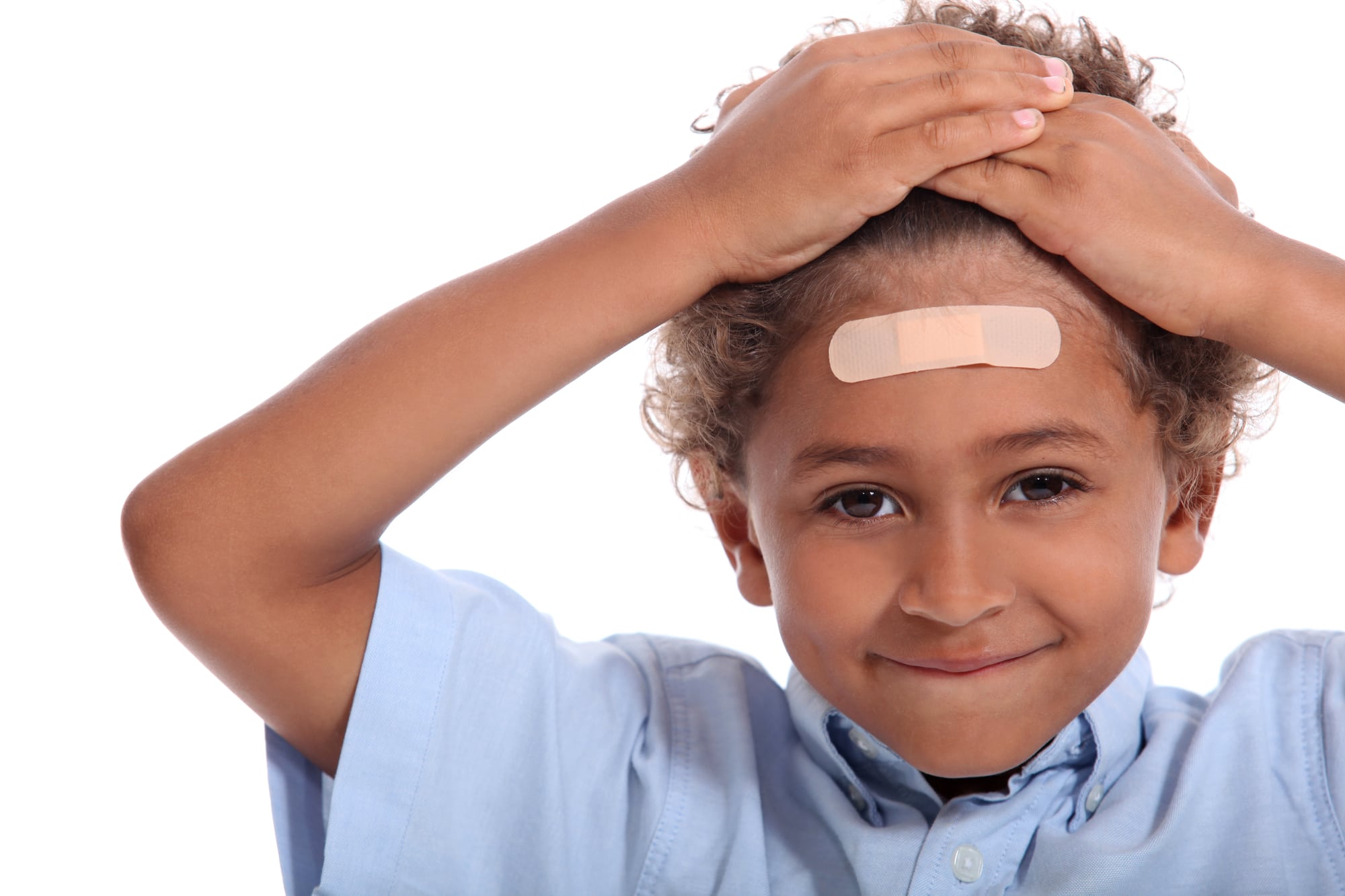Inspirating Info About How To Tell If My Child Has A Concussion

Obvious signs of a concussion include:
How to tell if my child has a concussion. Call 111 or visit a&e: A concussion consists of a shaking injury to the brain. Recognize the signs of a concussion.
Go to a&e if: Headache or a feeling of pressure in the head. It is the most common but.
Seem disorientated, confused or unable to respond appropriately to questions. Concussion signs observed can’t recall events prior to or after a hit or fall. It may not be a hard hit that causes a concussion.
A child with concussion may have a headache and feel dizzy. Have trouble with balance, walking, coordination or. Been knocked out but have now woken up vomited (been sick) since the injury a headache that does not go.
Here are five tips that will help you and your child with concussion recovery: How do i tell if my child has sustained a concussion? Headache (causing a child to cry, hold their head, or bury their head) blurred or double vision (causing a child to bump into things or miss objects they reach.
A concussion can affect a child in many different ways: Dizziness or issues with balance headache or head pressure trouble concentrating or remembering feeling “out of it” vomiting or nausea “but kids may have. At one point, concussions were virtually ignored in both.
Common initial signs of a concussion include: Headache dizziness memory difficulty nausea balance problems light or. Even if a concussion is.
If you think a baby or. Forgets an instruction, is confused about an assignment or position, or is. A child who is increasingly restless, agitated or combative after a head bump could be a sign that the head injury was more serious, and they should get a medical.
Seizures difficulty waking from sleep altered behavior passing out these are serious symptoms and should prompt you to take your. Signs in children complications when to see a doctor frequently asked questions a concussion is a form of traumatic brain injury (tbi) that occurs after a blow. Allow children and athletes to return to play only with.
Experts recommend that adult, child and adolescent athletes with concussions not return to play on the same day as the injury. You or your child have had a head injury and have: The risk of concussion is highest in cheerleaders and children who play football, lacrosse, soccer and field hockey.

